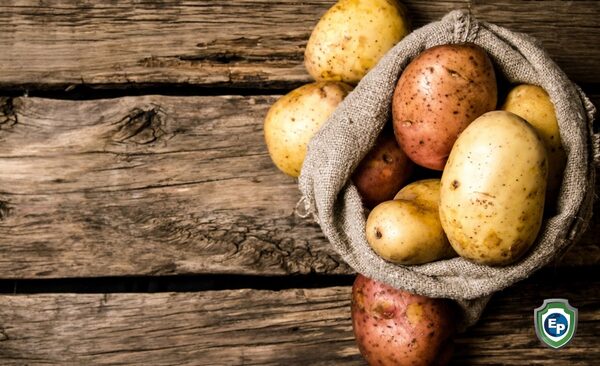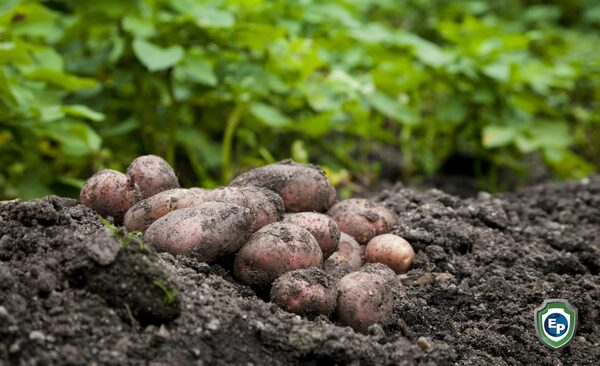Discovery of New Enzyme Could Help Prevent Potato Crop Damage
Scientists from the University of York’s Centre for Novel Agricultural Products (CNAP)
working with a team of international researchers have identified an enzyme that makes it easy
for blight-causing parasites to infect potatoes. When fungi infect potatoes they use this
enzyme to break down its walls, making it easier for the infectans to penetrate.

Hazards from the Enzymes Infection
The scientists have discovered that without these enzymes, there is virtually little probability of infection, paving the path for a strategy to genetically neutralize the enzymes and so eliminate crop infection. The pathogen cannot infect the host by merely turning off the gene that encodes the enzymes. Even better, this research has larger implications for other agricultural crops, fruits, and vegetables, which cost the food sector over $6 billion annually.
Crop infection by these pathogens is a significant threat to global food security, which caused the Great Irish Famine in the 1940s. While this presents a great opportunity to fight crop damage, it has wider implications on the sustainable use of techniques that avoid polluting the environment with chemical solutions.
Vital Role in the Agriculture and Daily Usage
Potato is one of the most traded food crops in the world, and its increasing demand bodes well for the biggest exporters like the Netherlands, France, Germany, China, and Egypt. This demand is likely to impact hugely regional exporters worldwide and production places for local consumption. Moreover, potato generates high tariffs for countries like South Korea (289%), Israel (133%), Thailand (122%), Iceland (111%), and Norway (90.9%).
Allied to that are products of which potato is a vital component. Apart from consuming boiled or fried potatoes directly, potatoes are used in everything from chips to fermentable sugars in vodka distillation. Aside from food, the crop is used as an adhesive, binder, texturing agent, and filler by oil drilling companies to cleanse boreholes in the pharmaceutical, textile, wood, and paper sectors. Furthermore, those industrial commodities are used to create biodegradable products such as plates, knives, and other accessories, making them a vital element of the global industry as well as international trade.
It’s certainly a long way to go before this technology develops and becomes widely applicable, but this is a welcome part of the trend towards solutions in technology and agriculture that target the promotion of food security without undermining our ability to protect the planet.

Work with Export Portal
At Export Portal, we understand how difficult penetrating new markets can be. That is why we have collaborated with different experts to keep you informed and updated. Check out our site today and learn more about how we can help you expand your business.


